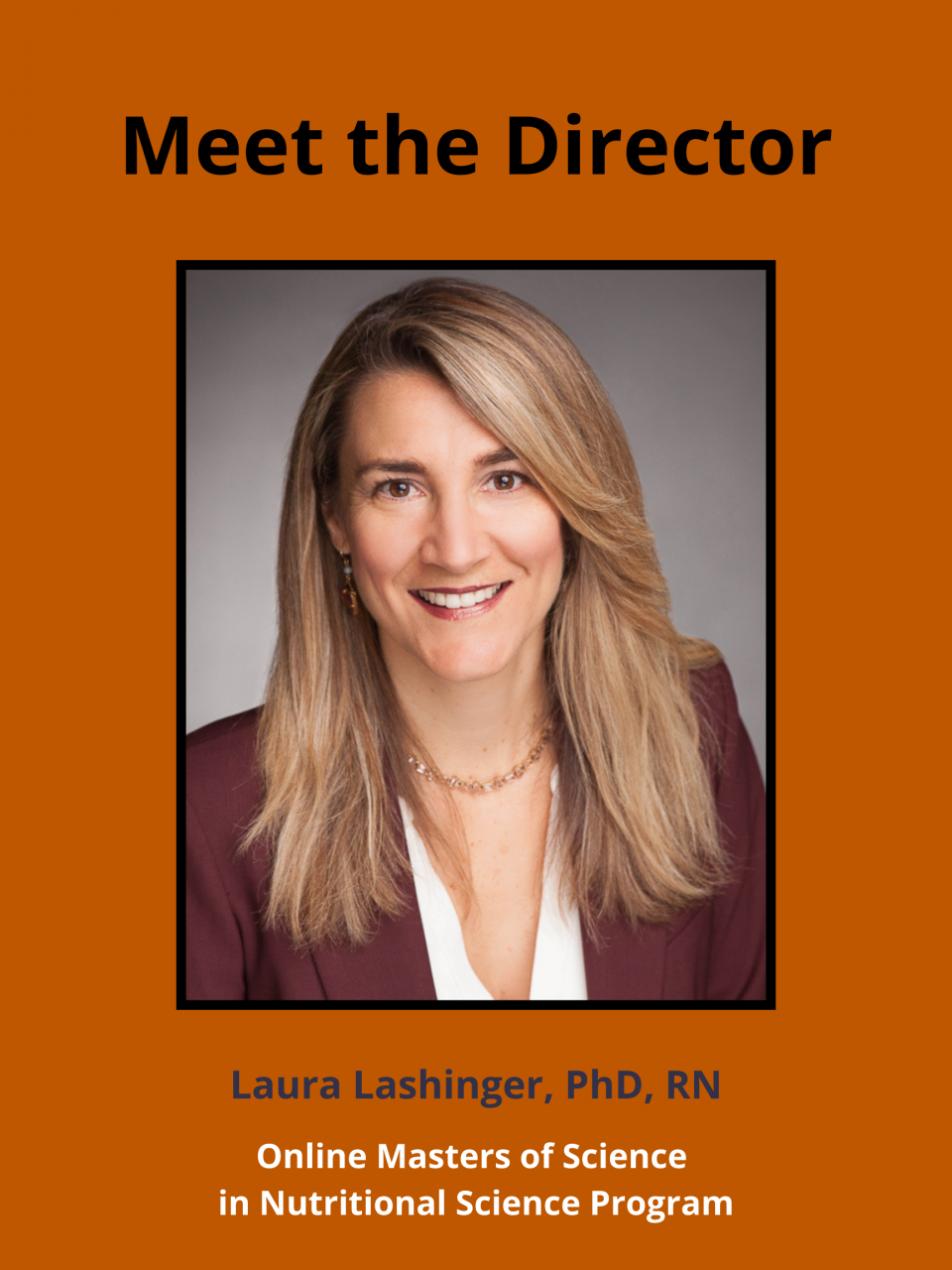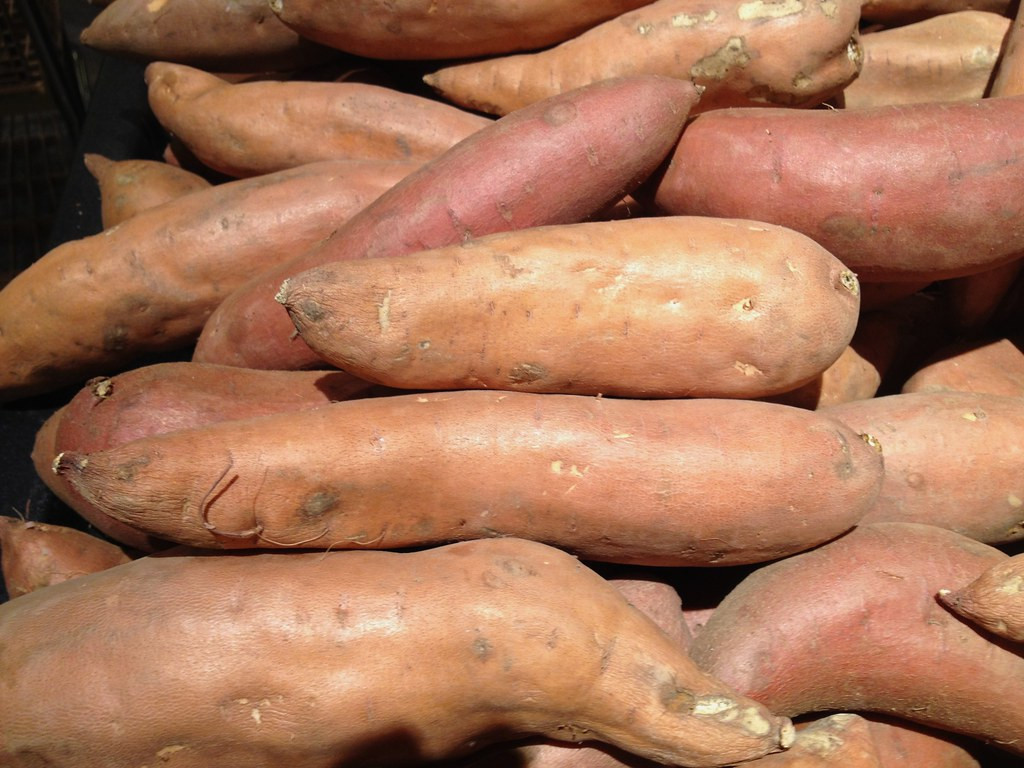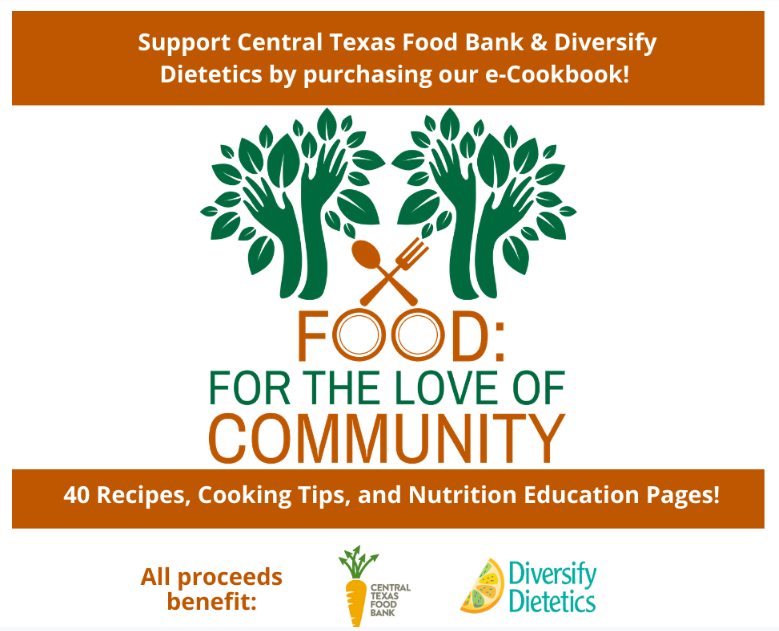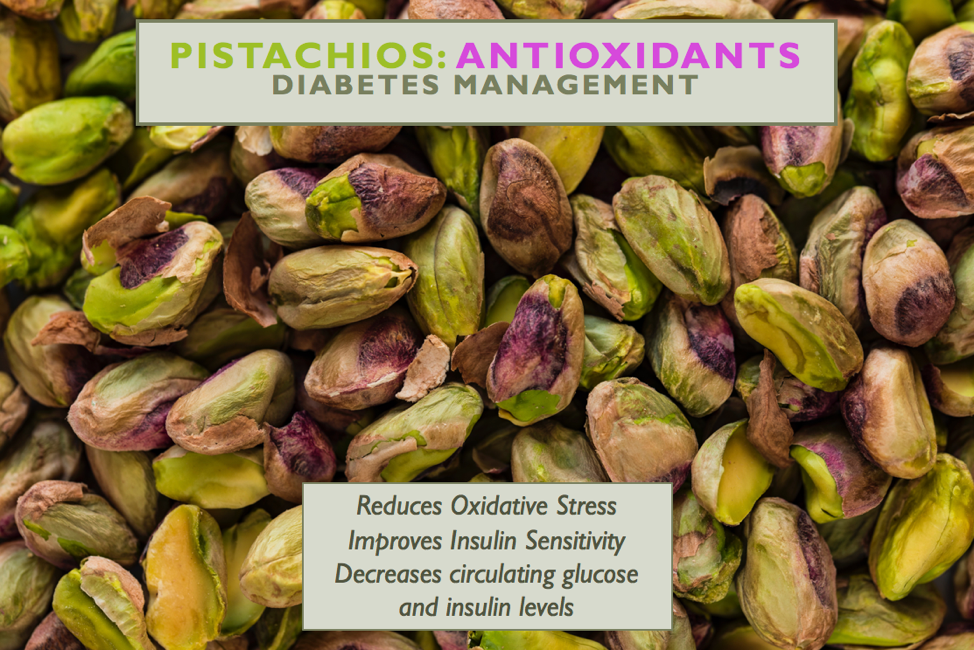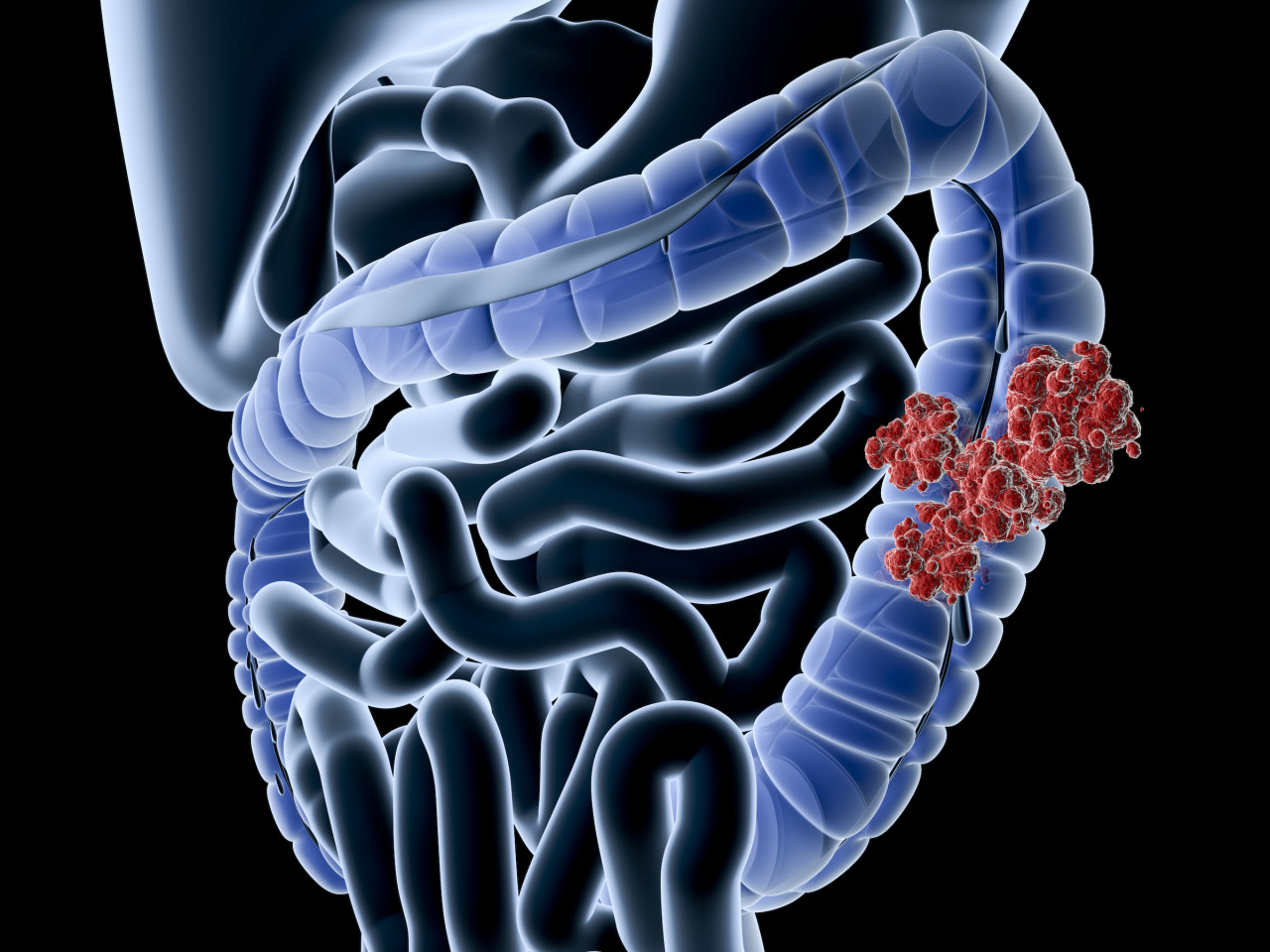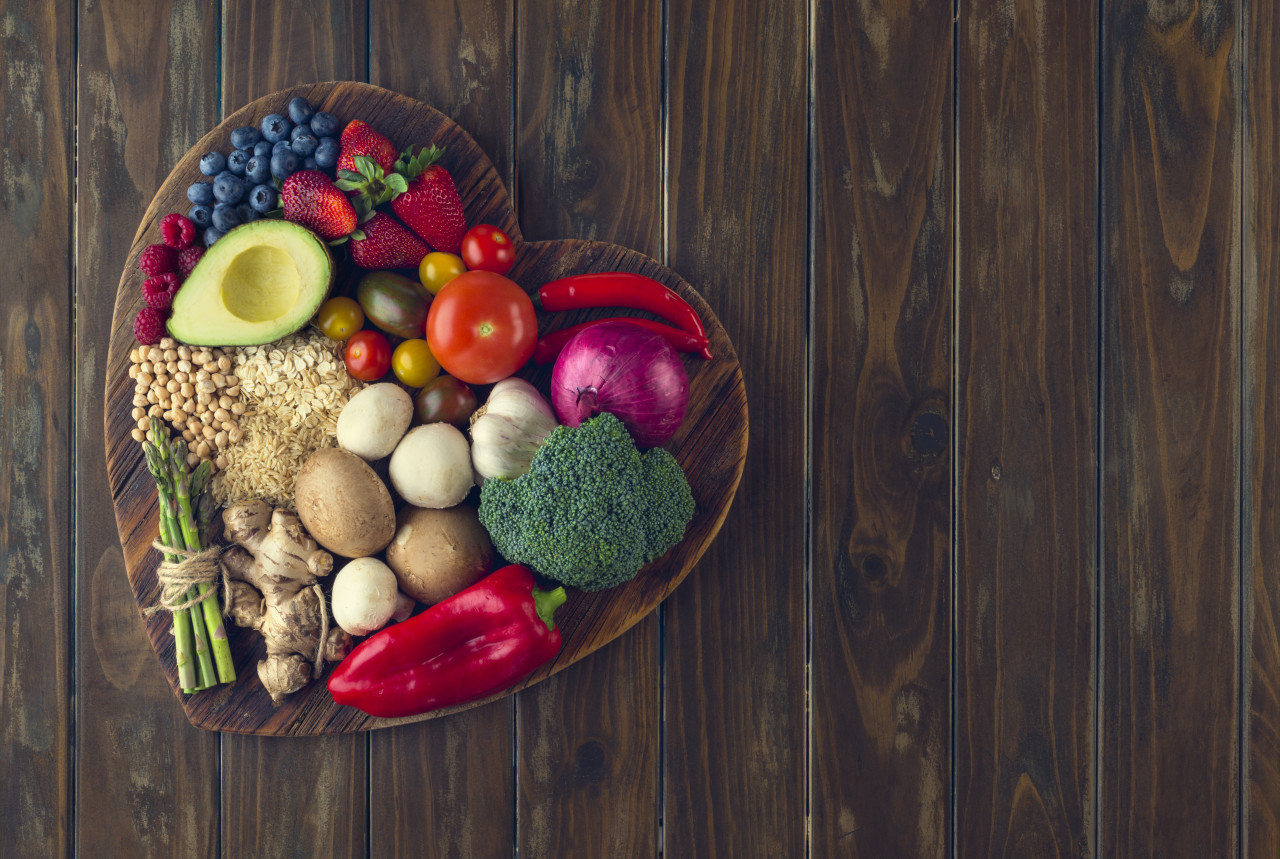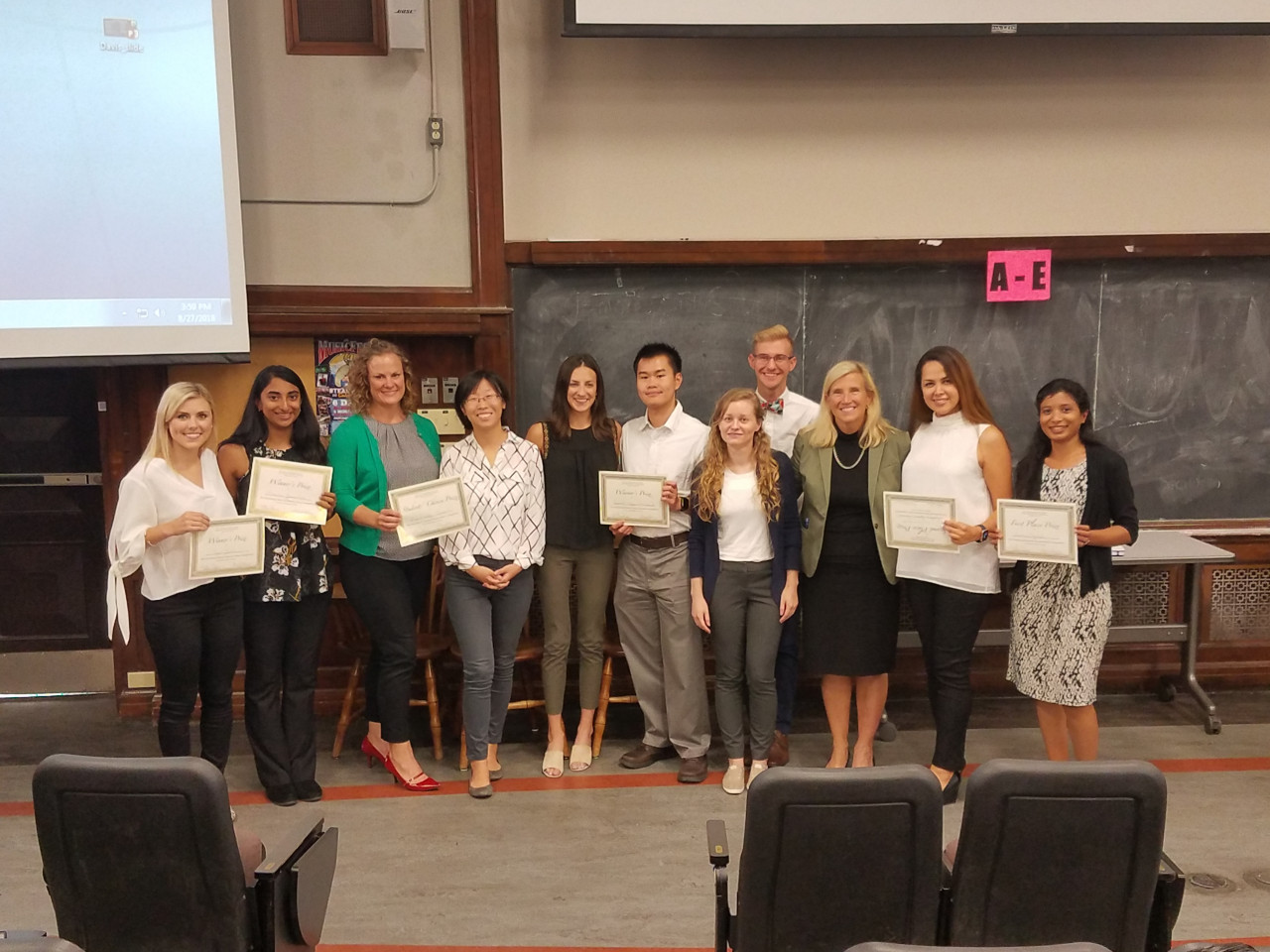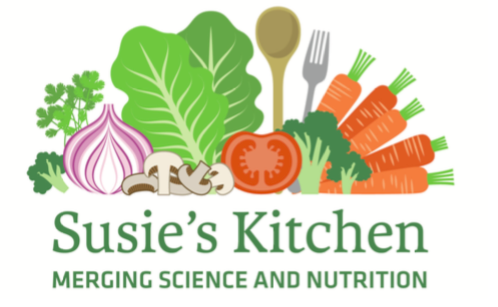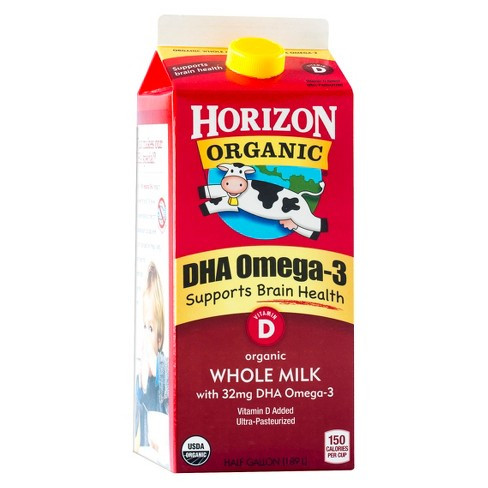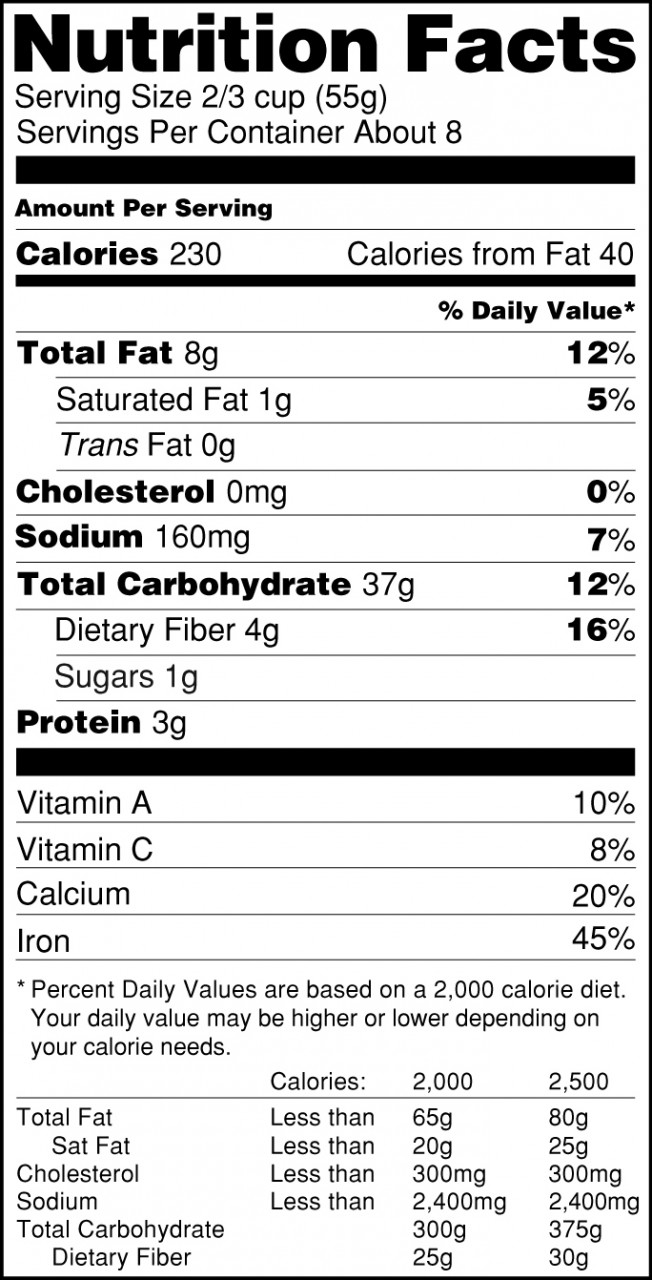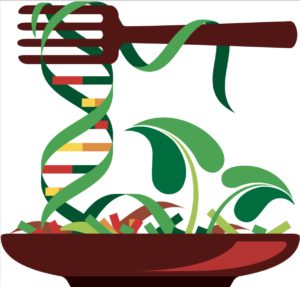Human Ecology News Tags
Weight Gain in Pregnancy May Be Linked to Later Growth Patterns in Daughters
Rapid weight gain in the first and final months of a pregnancy may play a key role in the development of excess fat tissue in children and adolescents – at least if those children are girls, according to a new study from researchers at The University of Texas at Austin.
In the study, published today in the journal Obesity, nutritional sciences researchers looked at more than 300 pregnant women and followed their children from 5 to 14 years old. The researchers connected patterns of weight change in pregnancy to patterns of their children's body mass index (BMI), waist circumference and body fat percentage changes during childhood and early adolescence.
Circadian Clock Genes And The Importance of Timing in Aging and Longevity
Sweet Potatoes, Yams, and Cassava
Yams, sweet potatoes, and cassava are classed as tuberous root vegetables that come from a flowering plant but are not related and do not have much in common. In the U.S., they are marketed as different vegetables. Yams are native to Africa and Asia and can be the size of a regular potato to five feet long! They have a cylindrical shape with a bark...Food: For the Love of Community
Have you found yourself running out of recipes during quarantine? The dietetic students from the University of Texas at Austin have you covered. They have created a 70+ page donation-based e-cookbook titled Food: For the Love of Community. Their goal with this cookbook was to provide easy, accessible, and fun recipes for everyone to try and enjoy. ...Feeding Austin
Students may not be cooking in Gearing Hall, the iconic home of UT Nutrition, but that doesn't stop food production! UT's Department of Nutritional Sciences is providing crucial space in our teaching kitchens for a special project designed to provide meals for the healthcare workers in the Austin area and surrounding community.The project is being ...Dairy Consumption Linked to Lower Colorectal Cancer Risk
By: Briana Granado. Colorectal cancer is the third most common cancer diagnosed in the United States.1 It affects men and women equally. Overall, the incidence and mortality of colorectal cancer has decreased thanks to effective screening measures, early interventions, and better treatment options. However, the incidence of colorectal cancer ...Heart Health: Support your Heart with the Mediterranean Diet
While it's no secret that cardiovascular disease is the number one cause of death regardless of age, ethnicity, or gender1, choosing a heart healthy diet can be overwhelming. But what if one of the heart healthy diets available could enable your own gut bacteria to help fight heart disease?The Mediterranean Diet has been long recognized as a cardio...Nutrition for Diabetes Managment
By Kristen LaStofka, Master of Science in Nutritional Sciences student at UT AustinHealth Promoting Foods for Type 2 DiabetesDiabetes is the seventh leading cause of death in the United States with 30.3 million people having diabetes and of that 90 to 95% of cases are type 2 diabetes.1 Type 2 diabetes is the most common form of diabetes and is the...Learning for the Real World
The University of Texas at Austin expects its graduates to change the world. But, in an ever-changing world, that means preparing students in ways that are mindful of where educational approaches may need to change to remain relevant and aligned with modern needs of communities, industries and families.






